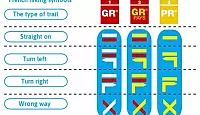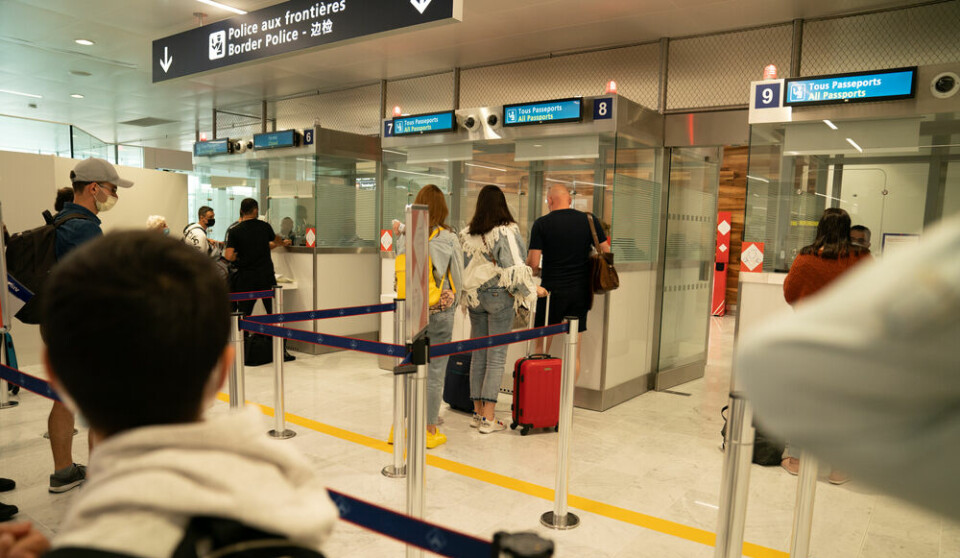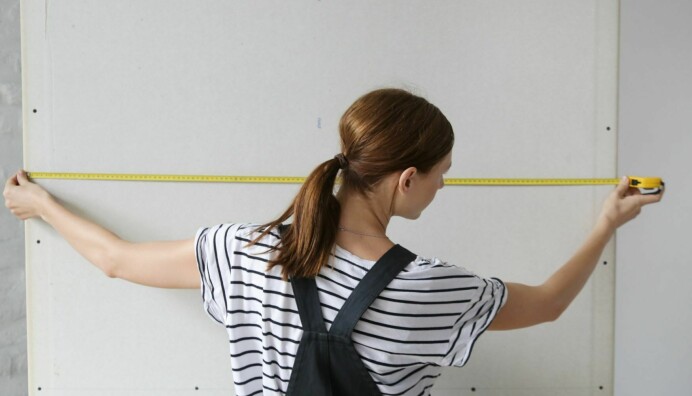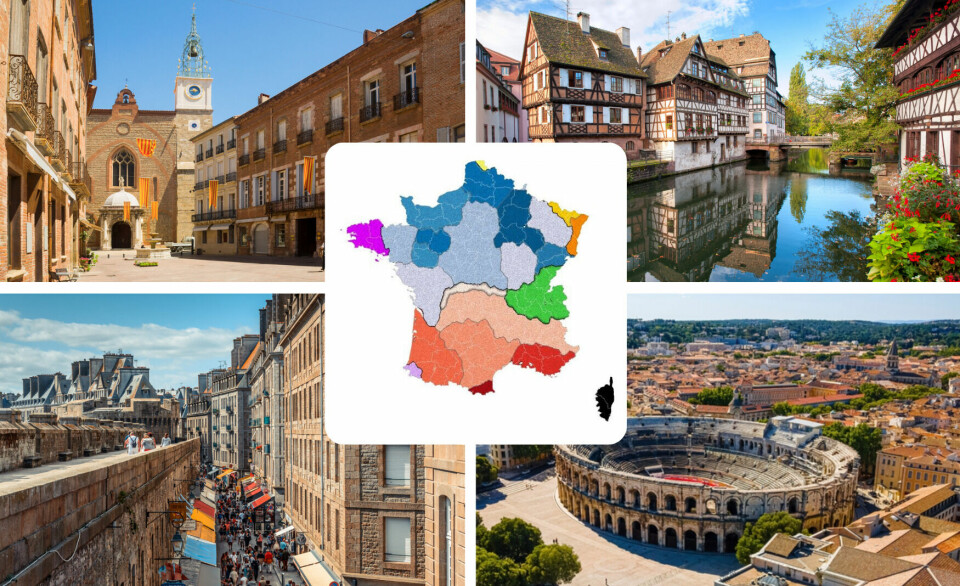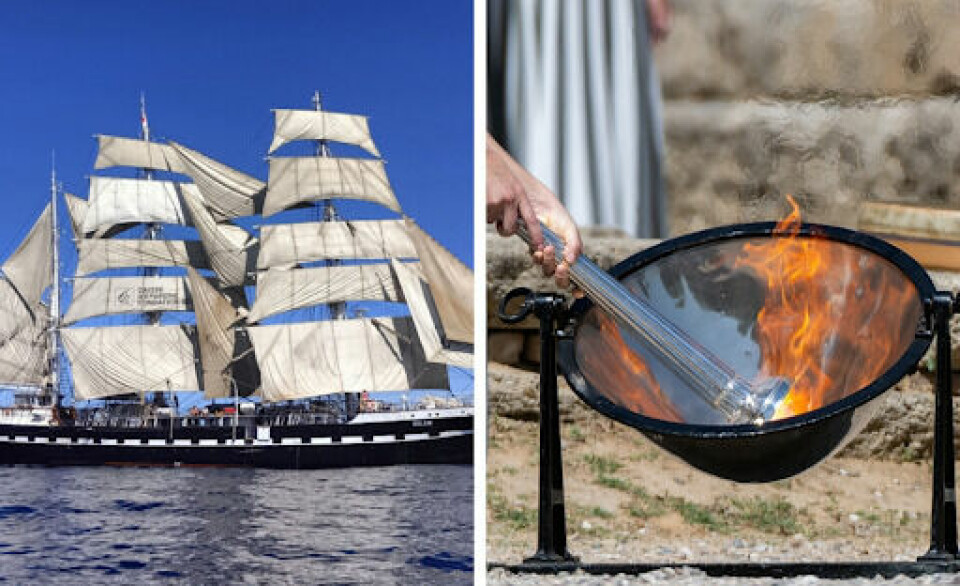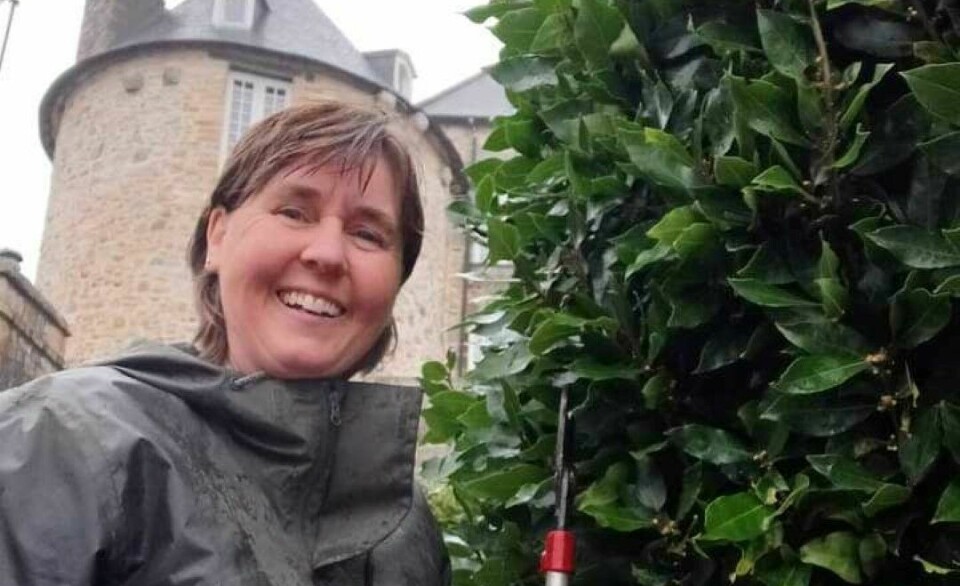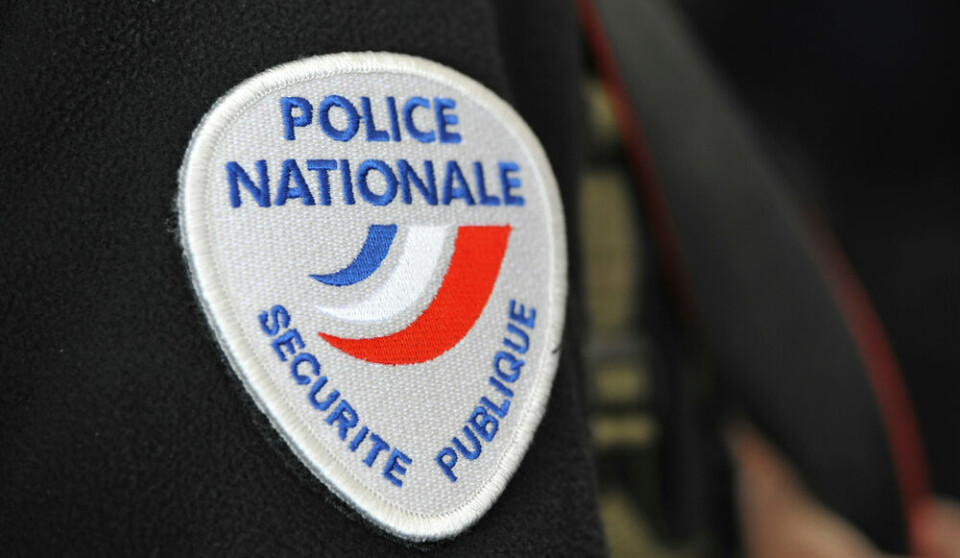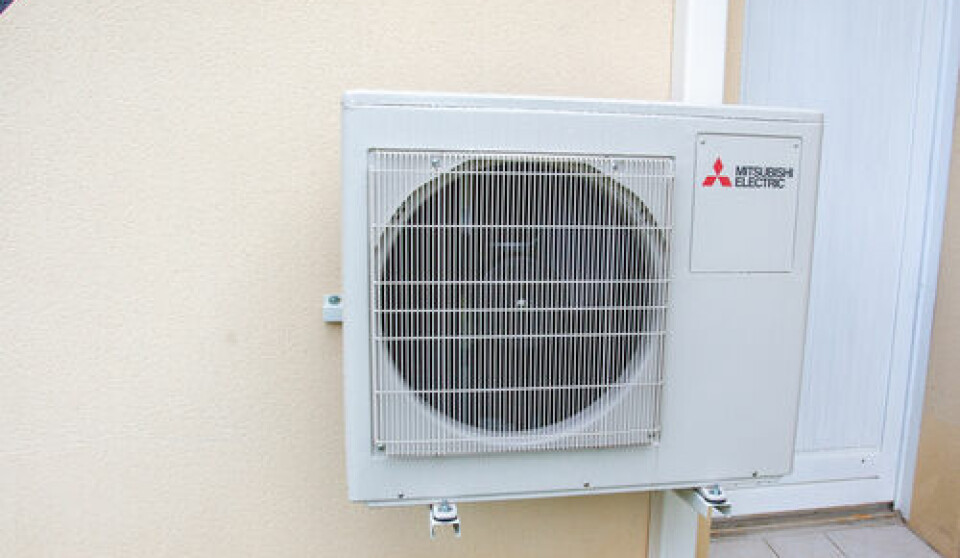-
GR, GRP, PR: What do the French hiking signs mean?
What are the coloured symbols on French hiking routes? Who paints them there and why?
-
Miss France: glam - but not sexy
Miss France organiser Geneviève de Fontenay fears she is fighting a losing battle to protect her 'Cinderella dream' from vulgarity
-
Normandy Landings visit for Queen
Queen Elizabeth has confirmed a state visit to France, ending rumours she is handing over duties to Charles
Happy New Year to our readers
Connexion wishes all readers, subscribers and advertisers a happy, healthy and prosperous 2013
Happy New Year to all Connexion readers and best wishes for 2013.
Britain started the tradition of sending Christmas cards after the invention of the postage stamp but sending best wishes for the new year is much more popular in France.
It follows on from the ritual of étrennes when people would visit friends, family and even poorer families in the first 15 days of the new year. The traditional visits themselves became time-consuming and people started to leave cartes des voeux all the way through January instead.
That tradition, too, is changing and this year more than 345million text and multimedia messages were sent in the first two hours of January 1. By midday the final count had reached 1.4billion, well ahead of 2012's 1.13bn.
New electronic cartes des voeux have also been developed and one website, dromadaire.com, said that this year it expects more than 500,000 e-cards to be sent.
Company president Rafik Smati said the reasons were simple: "Before, you had to go to a card shop and buy a standardised product, then write the cards by hand - even if that's not a chore - then get stamps and post them. An e-card allows you to add your own creative and humorous touches and it is sent instantly, so you know it will be with the recipient the next day."
Cartes des voeux will be sent all the way through January and companies, shops and politicians will publicise their hopes for the year.
In a televised message on New Year's Eve President François Hollande promised that "all efforts" would be made to reduce unemployment and reverse the trend of recent years which has seen three million out of work. "We have set the course: jobs, competitiveness and growth. It's the future of France,"
He added that his plan for a 75% tax on those earning more than €1million would be redesigned and reintroduced. He said "we will still ask more of those who have the most".
* Nowadays, étrennes have themselves been transformed into the tips that people leave for the concierge or the postman.
